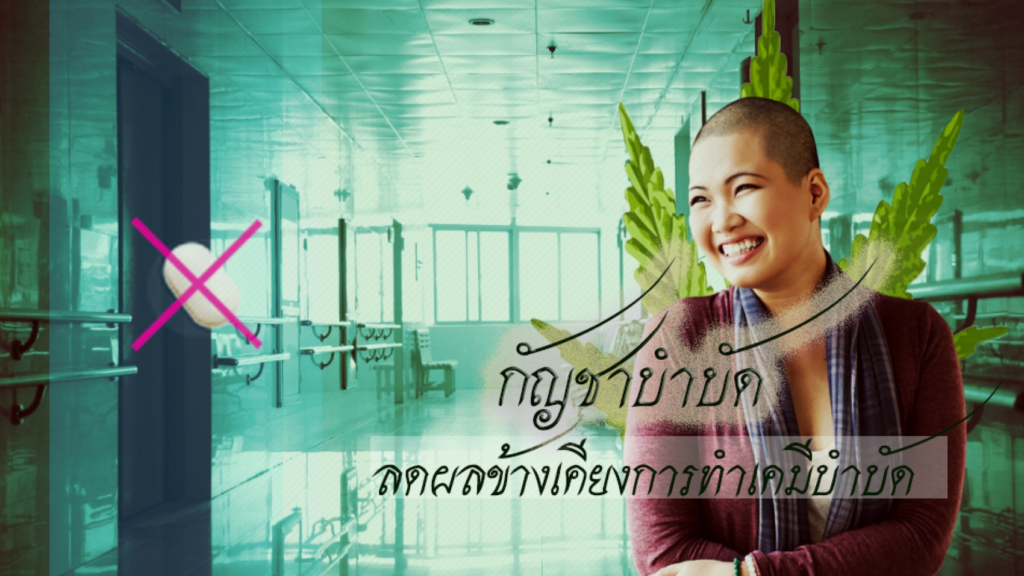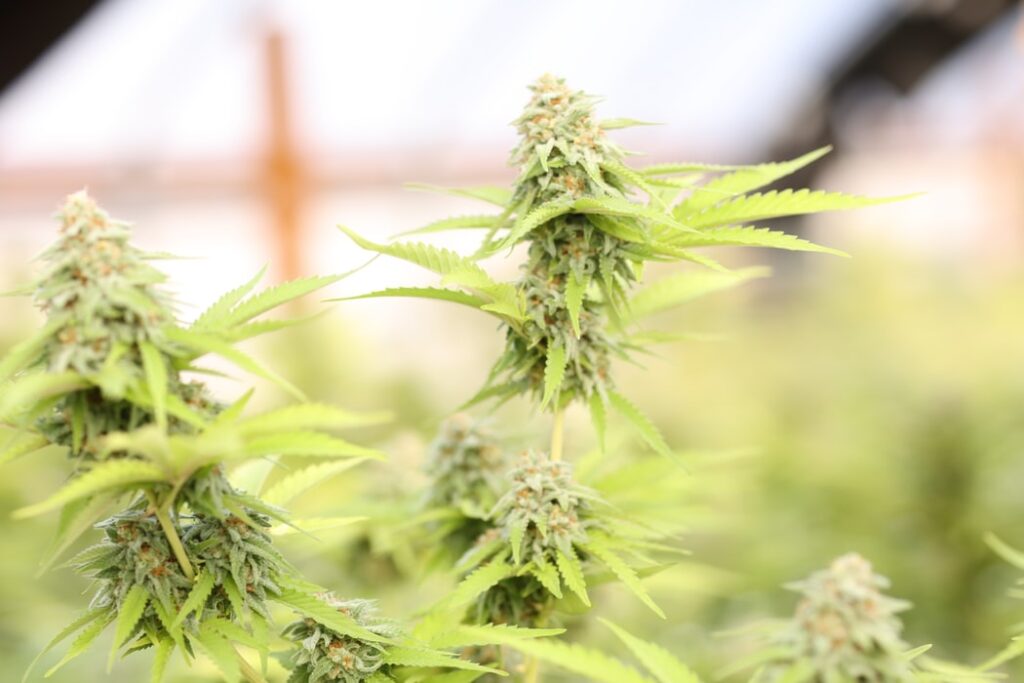“Cannabis” is recognized by many health professionals and the locals in Thailand as a medicinal plant with a high potential for therapeutic use and has a long history in the Thai traditional medicine practice. However, the enactment of the Narcotics Act in 1979 classified cannabis as a type of narcotic plant, and hence, its usage was prohibited by law.
In 2019, the Thai government began to unlock certain regulations allowing cannabis to be used for health and medical purposes under restrictions. Thailand is the first amongst its neighboring countries in Southeast Asia where the government promotes and legalizes the medical usage of cannabis. The main objectives are for people to safely utilize medical-related cannabis inventions and to reduce illegal cultivation and commercialization of the plant. It is expected to also help boost the Thai economy. Though, this idea stirred a debate within Thailand’s somewhat conservative society.
While the amended Narcotics Act in 2019 legalized the usage of cannabis and hemp in the medical space and for research and development purposes to a certain extent, both types of plants were listed under category 5 of narcotic substances, meaning, many limitations are still in place.
The removal of particular parts of cannabis from the controlled narcotic
On December 13, 2020, a Government Gazette was published stating that specific parts of cannabis and extracts were delisted from category 5 of the Narcotics Act.
These include:
- Fiber, stalk, stem, root, bark
- Leaf (without flowers and inflorescence)
- Extracts with cannabidiol (CBD) as an ingredient with tetrahydrocannabinol (THC) not exceeding 0.2% of the weight
- Residue or waste from cannabis extract with tetrahydrocannabinol (THC) not exceeding 0.2% of the weight
Parts and extracts of hemp as well as other derivatives were also released from the controlled list.
Despite this progress and effort by the Health Ministry, the usage of cannabis was not prevalent due to complex legal barriers and the fact that not all parts of the plant can be used or commercialized legally.
Licenses to produce, import, export, dispose or possess cannabis
The Government Gazette’s publication on November 26, 2021, declared the regulation on requesting for the license to produce, import, export, dispose or possess narcotic substance category 5, particularly “cannabis”.
Those eligible to request for the grant of license according to the ministerial regulation are as follow:
- In case an applicant is an individual, the applicant must:
- Hold a Thai citizenship
- Not be less than 20 years of age
- Have a resident in Thailand
- Not be a person of unsound mind, incompetent or quasi-incompetent
- Not be bankrupt
- Not be a person whose license issued under the narcotic law, or the psychotropic substances law is being suspended or revoked
- Not be sentenced by final judgment as being guilty of an offense under narcotic law, psychotropic substances law, prevention of volatile substance abuse law, or the law on measures for the suppression of offenders in an offense related to narcotics
- In case an applicant is a juristic person, the applicant must:
- Be registered under Thai law
- Possess the qualifications under 1) f. and g.
- Have a representative or a person with authority to act on behalf of the juristic person with qualifications under 1)
- Directors, shareholders, or at least two-thirds of the shareholders must be persons of Thai nationality
- Have an office in Thailand
- In case an applicant is a community enterprise that is not a juristic person, the representative authorized to undertake the activities must possess qualifications under 1.
- In case an applicant is a state agency, the agency’s objectives must be related to the production, import, export, disposition, or possession of cannabis according to its missions stated in this ministerial regulation.
This implies that foreigners are not yet allowed to produce, import, export, dispose or possess cannabis in Thailand. In line with the amended Narcotics Act published in 2019, only Thai citizens or juristic persons under Thai law will be able to participate in these activities for the first 5 years after the enforcement of the Act in February 2019.
The complete legalization of cannabis in 2022
On December 11, 2021, Public Health Minister Anutin Charnvirakul announced in the launching event of cannabis model city in Nakorn Phanom province that ‘all parts’ of the cannabis are no longer listed under narcotic substance based on the new Narcotics Code, effective December 9, 2021.
Anutin addressed the Health Ministry’s policy to promote the use of medicinal herbs consisting of cannabis, hemp, and Kratom by appointing the Department of Thai Traditional and Complementary Medicine to invent new policies to increase cannabis product value and create more jobs for people growing the herb and more income for manufacturers. This will allow Thai people better access to the products with more options to receive medical treatment. The push for this policy paved the way for hospitals and clinics all over the country to offer complimentary treatments using cannabis. In the meantime, the Health Ministry is researching and innovating new health-related products by making use of these medicinal herbs that will help improve the health of Thai people.
The Health Ministry has been urging related parties to legally facilitate the usage and commercialization of cannabis and hemp by removing the herbs from category 5 of controlled narcotics. This implies that all parts of cannabis including root, stem, stalk, leaf, flower bud, inflorescence, and seeds will no longer be listed as narcotic substances. Only cannabis extract with THC over 0.2% will remain on the list. In addition, the process to request a license to grow the plant will be simplified which will benefit farmers or community enterprises who are interested in this business to generate more income.
As for the next step, the Health Ministry will officially announce the new list of controlled narcotics and other related regulations. As a result, products made of cannabis oil or extracts, such as soap, cosmetics, and supplements with THC lower than 0.2% can be used at will.
The cannabis regulation in Thailand has come a long way, but it is still evolving with new measures to be declared and specifics to be clarified. For those interested in entering Thailand’s cannabis business scene, it is recommended to keep abreast with new developments and seek legal advice for professional guidance through the complexities of the regulation.









